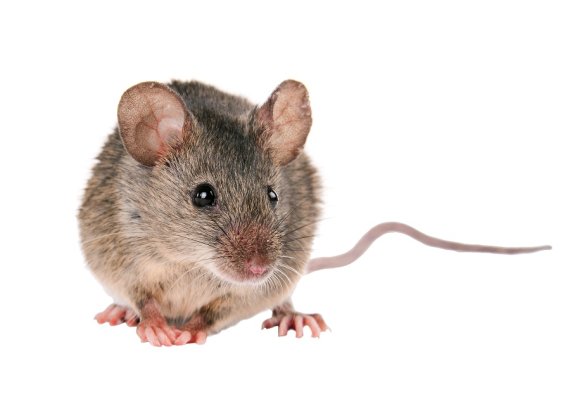The mouse plague in Friesland has left devastated meadows in its wake. Because this is the first such plague in the Netherlands, there is no insurance against it yet.
Isn’t there a general insurance for damage on farms?
‘There is insurance against weather, a broad insurance package covering various natural phenomena such as hailstorms or torrential rain. But it is not easy to insure against diseases and plagues.’
Why not?
‘Insurers do not know how often a plague will occur. That is even more the case for a new plague like this. That makes it difficult to estimate the costs. And the demand for that kind of insurance is very variable too. In the past insurances were sometimes offered after specific disasters or plagues. But once they ran out, often after about five years, anxiety had died down again and there wasn’t much interest in renewing the policy.’
So the farmers are asking the government for compensation again.
‘That’s right. In the distant past the government occasionally compensated fruit growers for frost damage, or crop farmers affected by torrential rain. But more and more often now the government says the damage is just a business risk and that farmers and market gardeners can take out insurance.’
Does that lead to more insurance among farmers?
‘A lot of insurance is taken out in agriculture but it’s mainly for the buildings and equipment. Most market gardeners have a hail insurance for their greenhouses and half of all vegetable growers insure their crops. Greenhouses and bulbs are worth a lot of money, but maize and grass are not. So you don’t insure those so readily.’

